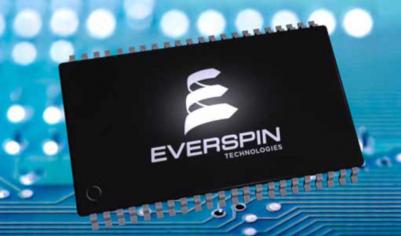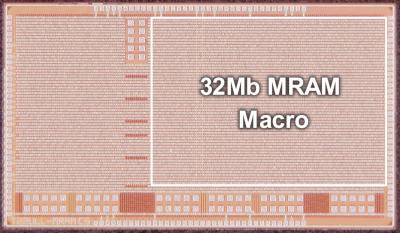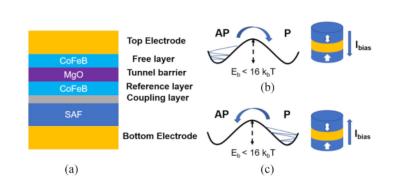Efficient to utilize GlobalFroundries' 22 nm eMRAM technology in its upcoming Fabric chip
US-based Carnegie Mellon University spinoff Efficient has signed a strategic partnership with GlobalFoundries to launch its low-power Fabric chip on GlobalFoundries' 22FDX low power silicon on insulator process. Efficient will adopt embedded MRAM in its chip, and expects to launch it (first samples) by the summer of 2025.
Efficient is an early stage company that raised over $16 million to develop the power-efficient Fabric processor, targeting edge applications such as machine learning-enabled extreme-edge machine vision, continuous audio intelligence and versatile sensory and signals intelligence.
GlobalFoundries has been offering eMRAM 22nm process solutions since 2017, based on Everspin's pMTJ technology and IP.












